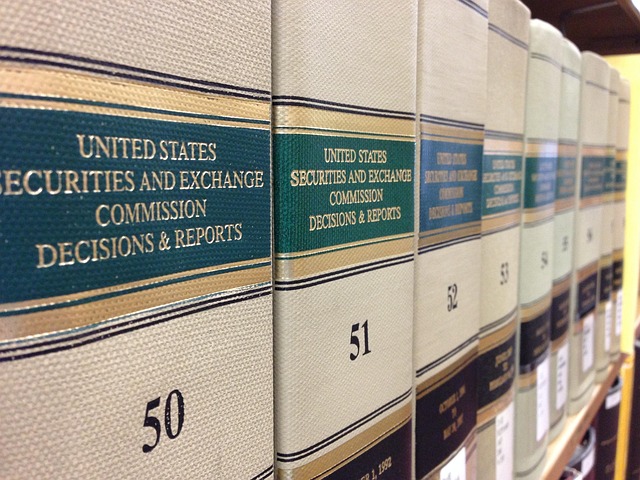Antitrust violation cases are legal battles that promote fair competition, protect consumers, and ensure economic efficiency by banning practices like price-fixing and market division. Key terms help identify anti-competitive behavior, leading to severe legal remedies including monetary fines and asset divestment. Success in these cases highlights the importance of robust antitrust laws. Individuals and businesses affected by complex contract breaches have various legal options, such as damages, injunctive relief, and criminal prosecution, which require specialized legal counsel due to statutes of limitations. Prompt action is crucial for high-stakes cases with significant impacts on philanthropy and politics.
“Uncover the intricate world of antitrust violation cases and their impact on consumers. This comprehensive guide explores the key definitions and legal framework surrounding these complex issues. We delve into the available legal remedies for victims of contract breaches, highlighting critical steps to pursue compensation. Understanding your rights in such scenarios is essential, especially when navigating the intricate tapestry of legal protections against anti-competitive practices. Discover practical strategies to ensure justice and fair compensation.”
- Understanding Antitrust Violation Cases: Key Definitions and Legal Framework
- Available Legal Remedies for Victims of Contract Breaches
- Strategic Steps to Pursue Compensation in Antitrust Violation Cases
Understanding Antitrust Violation Cases: Key Definitions and Legal Framework

Antitrust violation cases are legal battles aimed at preserving fair competition within markets. At their core, these cases revolve around defining and enforcing rules that prevent businesses from engaging in practices that stifle competition, such as price-fixing or market division. The legal framework governing antitrust is designed to promote economic efficiency and protect consumers by ensuring a level playing field for all participants.
Key definitions play a crucial role in understanding these cases. Terms like “monopoly,” “oligopoly,” and “per se illegal” are central to identifying anti-competitive behavior. Legal remedies for contract violations in antitrust cases can be severe, including monetary fines, divestment of assets, or structural changes to businesses found guilty. An unprecedented track record of success in prosecuting white collar and economic crimes underscores the importance of robust antitrust laws, further supported by the positive impact on philanthropic and political communities.
Available Legal Remedies for Victims of Contract Breaches

When a contract is breached, individuals or businesses affected have several legal remedies available to them. These remedies are designed to compensate for the harm caused by the breach and to restore fairness in the transaction. For his clients involved in antitrust violation cases, seeking legal redress can be complex but crucial. The first step is often to consult with attorneys specialized in contract law and white-collar and economic crimes, who can guide them through their rights and options.
Remedies may include damages for financial losses incurred due to the breach, specific performance, which compels the breaching party to fulfill their contractual obligations, or injunctive relief to prevent further breaches. In severe cases of contract violations, particularly those involving large-scale white-collar crimes, criminal prosecution may also be pursued. These legal remedies ensure that parties are held accountable for their actions and provide a framework for resolving disputes fairly within the respective business landscape.
Strategic Steps to Pursue Compensation in Antitrust Violation Cases

In pursuit of justice and fair market competition, individuals and businesses affected by antitrust violations have legal remedies at their disposal. The first strategic step is to identify and retain experienced legal counsel specialized in antitrust law. This ensures a comprehensive understanding of the complexities involved in these high-stakes cases. White collar defense attorneys play a crucial role in navigating the intricate web of regulations and laws, helping clients explore their options for compensation.
Once the violation is established, affected parties can seek various forms of legal remedies for contract violations. This includes damages to compensate for financial losses, injunctive relief to prevent ongoing harm, and even criminal penalties for the responsible parties. It’s important to act promptly as statutes of limitations apply, especially in high-stakes cases that often involve significant impacts on the philanthropic and political communities.
In conclusion, understanding antitrust violation cases and their legal frameworks is crucial for both businesses and consumers. By knowing the key definitions and available remedies, such as those related to contract breaches, individuals can effectively pursue compensation through strategic steps. Leveraging these measures ensures that justice is served and market integrity preserved in the face of illegal business practices. For those seeking redress, exploring Legal Remedies for Contract Violations offers a clear path towards resolution.






